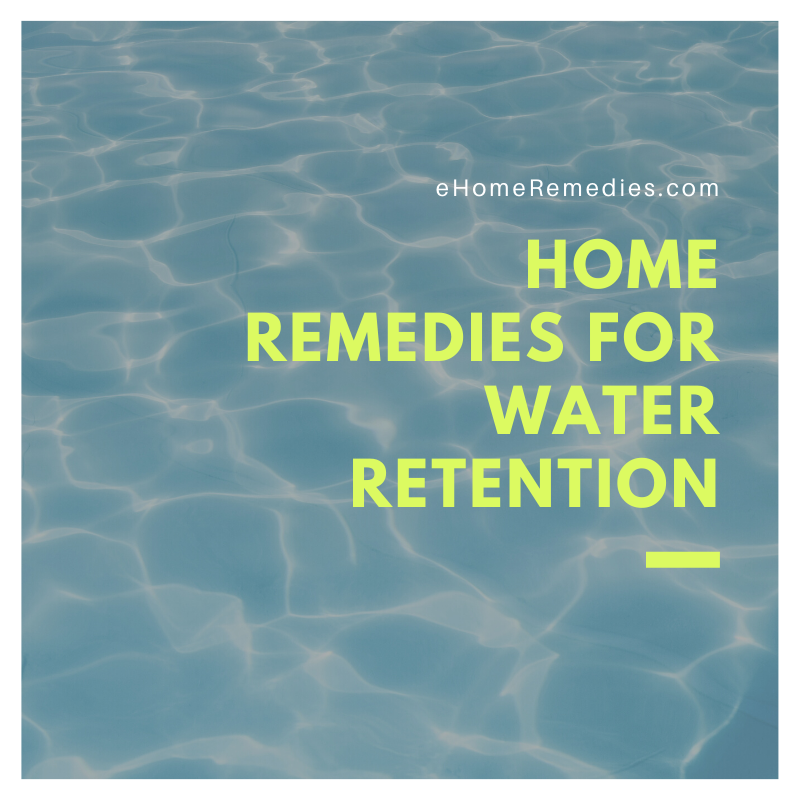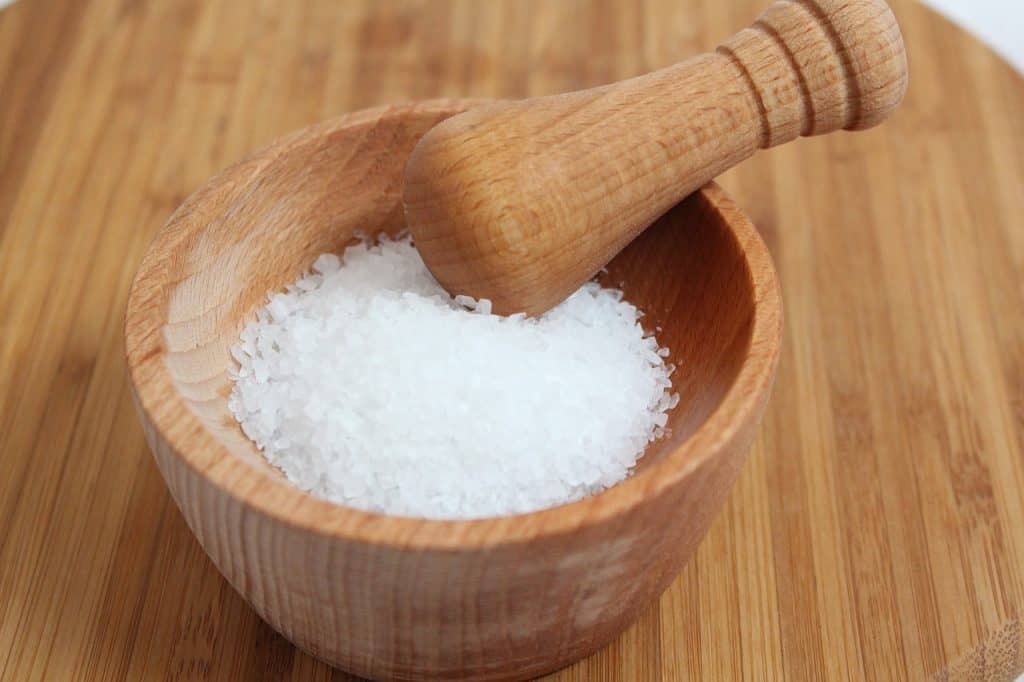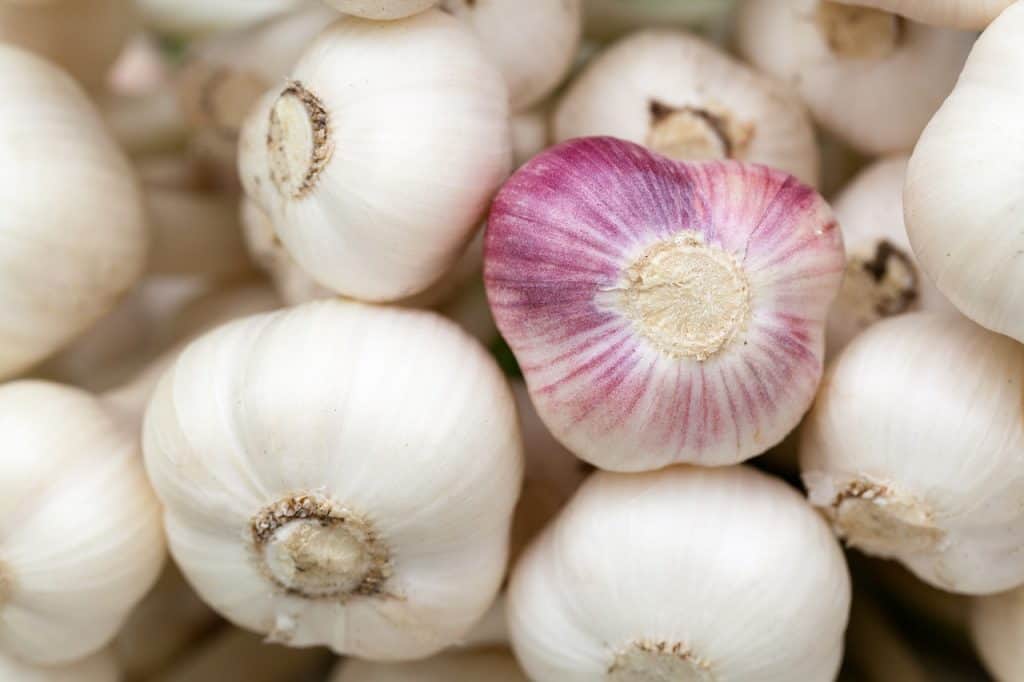
6 Home Remedies For Water Retention
There are several home remedies for water retention. These include reducing sodium intake, exercising, and wearing compression leggings. Natural diuretics like lemon juice and dandelion are effective at reducing swelling. These remedies are also based on the principle of diuresis – the body expels water through its pores. Listed below are some of the more popular home remedies for water retention:

1. Natural diuretics
Many natural diuretics can reduce fluid retention and provide a wealth of health benefits. These foods can be added to your diet as smoothies and salads. You can even replace your fries with a side of salad! All of these foods are high in potassium and will help your body flush excess water. The following are just a few to get you started. There are many more to try, but these are a few of the most effective.
Some natural diuretics can cause temporary weight loss. However, they can also cause serious problems such as kidney damage and an electrolyte imbalance, which can cause heart failure and sudden death. So, it is important to consult with a physician before starting a new treatment for water retention. Natural diuretics should be used only as a last resort for temporary fluid imbalances. But if you’re suffering from water retention and aren’t prepared to take a medical intervention, these treatments are a great way to lose weight and feel great.
Natural diuretics for water retention are safe and effective methods of flushing out excess fluid from the body. Several of these herbs can be added to your diet to treat water retention. Aside from lowering water weight, natural diuretics also reduce blood pressure and bloat. And while they may not be as effective as medications, natural diuretics provide many other benefits that over-the-counter medications can’t.
2. Reduce sodium intake
People with high blood pressure should reduce sodium intake for two reasons. High sodium levels raise blood pressure, which increases the risk of heart attack and stroke. In the United States, heart attacks and strokes are the leading causes of death for men and women, respectively. Approximately 400,000 people die each year from problems related to high blood pressure. The best way to reduce sodium is to avoid salty foods and beverages. Many people find that reducing sodium in their diet helps them lower their blood pressure.

Besides limiting sodium intake, a person with water retention should also increase their consumption of fresh foods. The intake of potassium in the diet can balance the sodium/water ratio and decrease water retention. High-potassium foods include leafy green vegetables, beans, nuts, dairy products, and starchy vegetables. Aim to eat 2 to three servings of fruits and vegetables every day. When eating out, ask for low-sodium food menus and avoid heavy sauces and fried foods.
Salt substitutes may help, but they may contain high amounts of potassium and should only be used when approved by your doctor. For best results, season your food with herbs, vinegar, and pepper instead of salt. Try removing the salt shaker from the table, and read the labels before you buy. Avoid packaged foods with 400 milligrams of sodium and above, and avoid those that have additives like salt or monosodium glutamate. Home-cooked foods are naturally lower in sodium than processed foods.
3. Exercise
Whether you’re suffering from water retention due to pregnancy, weight gain, or some other reason, exercising can help you manage this condition. Performing gentle exercises will increase sweat and help kickstart your circulatory system. You will notice an immediate improvement in your swollen hands and feet! And exercise can boost your confidence! Try these exercises for water retention today! You can also use them as part of your daily routine!

Increasing your water intake can help flush your body of excess waste and salt, and can help prevent the formation of fluid. Exercise will also improve circulation and help guide the fluid to the excretion tracts. Another natural home remedy for water retention is dandelion root. Dandelion root is traditionally used to flush out fluid and can help you fight water retention naturally. If none of these methods work, consider using compression garments as they will improve blood flow and prevent swelling.
One of the best ways to fight water retention is to avoid refined carbohydrates. Refined carbohydrates, such as bread and pasta, are loaded with sodium, which can cause water retention. Exercising regularly will reduce fluid retention and help you lose weight faster. A diet rich in fiber will also help reduce the risk of oedema in older adults. And if you do not feel like exercising, try taking an Epsom salt bath instead.
4. Compression leggings
While compression garments are effective for reducing the symptoms of water retention, they are not a cure-all. They weaken circulation and the drainage system. If you have trouble absorbing fluid from your skin, see a doctor before using compression leggings or stockings. They can also help you identify underlying food allergies. You can also do an elimination diet or get an allergy test to determine which foods may be causing your water retention.
Compression leggings can help your feet reduce the symptoms of water retention by encouraging circulation. You can also use diuretics, which help the body eliminate excess sodium and fluid. Another home remedy is to raise your feet occasionally. This will allow fluid to move out of your feet. You should also wear compression leggings or stockings to encourage blood circulation. By following these tips, you will see an improvement in your water retention symptoms.
5. Lemon juice

If you’ve experienced swollen ankles and feet, or you simply feel heavy and bloated all the time, you’ve probably suffered from water retention. Lemon is a rich source of antioxidants and can be a useful addition to diuretic beverages. Lemon juice alone can also relieve the symptoms of water retention, but it’s best to mix it with honey to maximize its effect. Other lemon home remedies for water retention include garlic and honey.
The most important health benefit of lemon is its vitamin C content. Lemons contain 139% of the recommended daily allowance of vitamin C. They also contain calcium and potassium, two substances that help lower blood pressure. A study published in the Journal of Nutrition and Metabolism found that women who consumed lemons daily had lower blood pressure compared to those who ate fruit that contained no vitamin C. However, the study did not specify whether the participants consumed lemon juice or ate lemon flesh.
Moreover, lemon juice helps the digestive process, removing waste from the body and encouraging the liver to produce bile, the acid that aids indigestion. Approximately 30% of the population over 60 suffers from atrophic gastritis, a condition marked by low production of stomach acid. Drinking lemon water in the morning can get your digestive system moving, which is essential for reducing the incidence of constipation and heartburn.
6. Garlic
Garlic is an age-old remedy that has been shown to reduce water retention. It’s a powerful diuretic and also a natural antioxidant, so garlic is the perfect cure for water retention. Eat diuretic foods such as cucumber, spinach, tomatoes, raw cabbage leaves, fennel, and parsley. These foods increase the frequency of urination and help flush out excess fluid from the body. Other natural diuretics include cabbage leaves and cranberry juice. Edema-relieving fruits and vegetables include watermelon, pineapple, and pumpkin.
Garlic can also help regulate blood pressure. It increases the production of nitric oxide, which has a strong vasodilation effect, resulting in decreased pressure on the heart. Garlic is also an antioxidant, helping to protect blood vessels and improve cardiovascular health. Garlic should be consumed at least twice daily and preferably daily. You can use garlic as a spice in stews, soups, and stir-fried dishes. It’s recommended that you dry out garlic cloves before crushing them. Once crushed, you can use the paste on pieces of bread, pastries, and more.
Apart from garlic, you can also consume apple cider vinegar or a diluted version of it. Both of these substances can help the body rid itself of excess water and reduce the levels of sodium and sugar. Garlic is also effective as a diuretic. In addition to its diuretic effect, garlic also helps the body break down fats, which can lead to water retention. To avoid water retention, include garlic in your diet. The natural antibiotic and diuretic properties of garlic will help you lose excess water and lose weight.
Conclusion
If you are experiencing water retention, please speak to your doctor. There may be a medical condition causing the problem. Some home remedies may help in the short term, but they should not be used as a replacement for proper treatment. I hope this information has been helpful.
You may also like
Calendar
| M | T | W | T | F | S | S |
|---|---|---|---|---|---|---|
| 1 | 2 | |||||
| 3 | 4 | 5 | 6 | 7 | 8 | 9 |
| 10 | 11 | 12 | 13 | 14 | 15 | 16 |
| 17 | 18 | 19 | 20 | 21 | 22 | 23 |
| 24 | 25 | 26 | 27 | 28 | 29 | 30 |


Leave a Reply